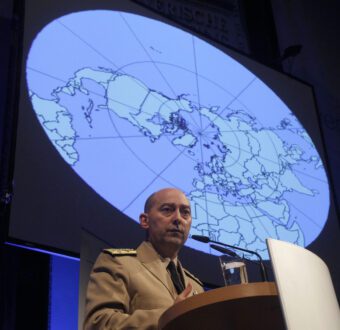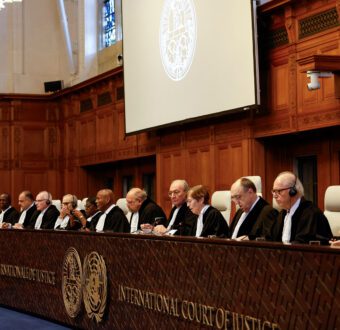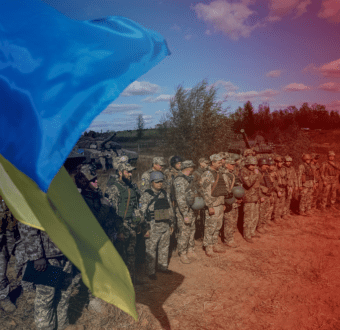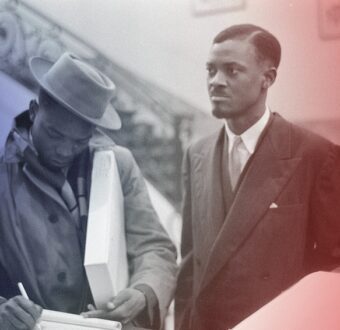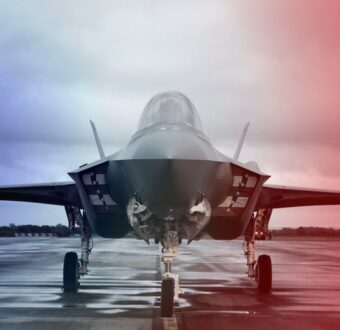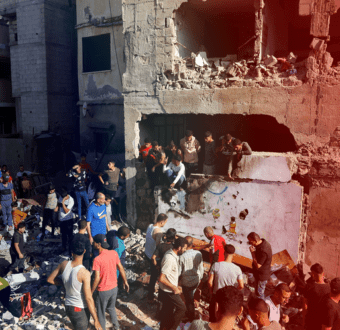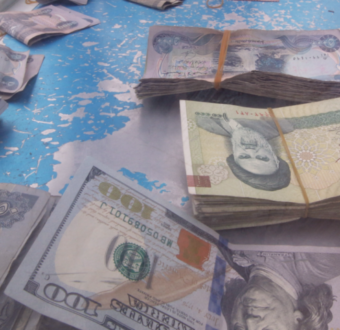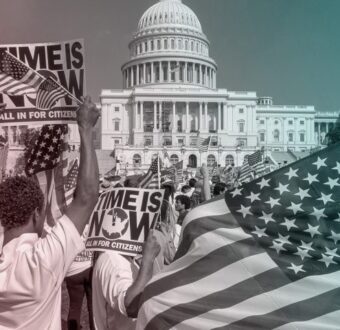How Biden’s 2009 Speech on NATO Solidarity Foreshadowed the Ukraine-Russia Crisis
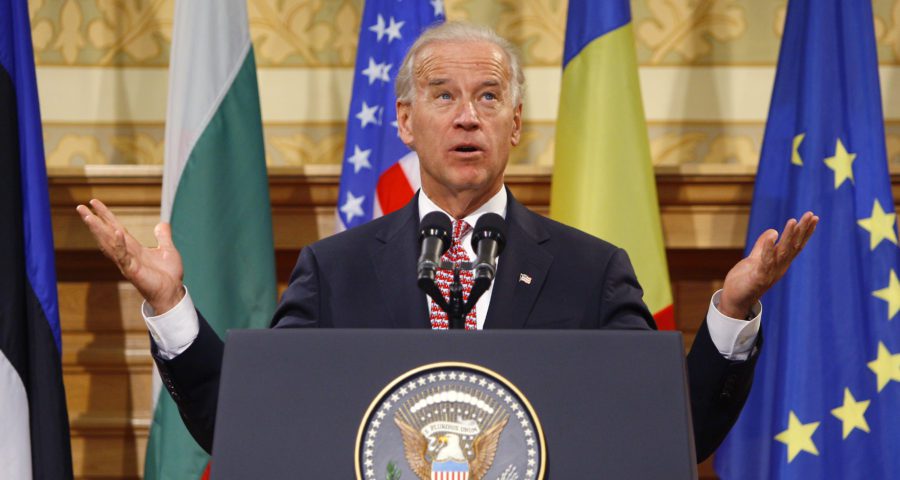
Biden addressed critics who thought the US was no longer focused on central and Eastern Europe. But he didn’t exactly deny the criticism.
By Mark Hannah
This article appeared in NBC THINK on March 22, 2022. It includes references to the Eurasia Group Foundation, now known as the Institute for Global Affairs.
In 2009, about a year into his vice presidency, Joe Biden was in Romania, giving a speech about the importance of NATO solidarity. I was there with him, as a young advance guy paying more attention to Biden’s punctuality and the order of European flags on the stage than to the speech’s strange geopolitical moment.
At the time, hardly anyone was preoccupied with the possibility of Russia’s invading a European country. In the decades after the Cold War, much of central and Eastern Europe was growing more prosperous and democratic. So as Biden spoke — and as his speech was simultaneously translated into 15 languages from across the region, including Ukrainian — his primary preoccupation was to rally his audience to America’s wars in Iraq and Afghanistan.
There’s been a lot of news lately about NATO’s Article 5 — the provision that compels each member country to respond to an attack on an ally as though it had been attacked itself. In the treaty’s 70-year history, however, the article has been invoked only once: after the 9/11 attacks on the US In retrospect, as an analyst of US foreign policy who has come to understand NATO as effectively a vehicle through which the US guarantees European security, it was surreal to watch the vice president of the world’s strongest country thanking Romanians and Poles and Czechs for their service in these Middle East wars.
In that 2009 speech, Biden addressed critics who thought the US was no longer focused on central and Eastern Europe. But he didn’t exactly deny the criticism. “It’s precisely because of our global responsibilities and your growing capacity and willingness to meet them with us that we value our partnership,” he told the assembled diplomats and officials from across the region. In other words, the US valued this region for its support in our wars — but mostly took its stability for granted.
…
Read more of this article in NBC THINK

Written by Mark Hannah
Mark is a senior fellow with the Independent America project at the Institute for Global Affairs and host of IGA’s podcast, None Of The Above.
Read more from Mark
This post is part of Independent America, a research project led out by IGA senior fellow Mark Hannah, which seeks to explore how US foreign policy could better be tailored to new global realities and to the preferences of American voters.
